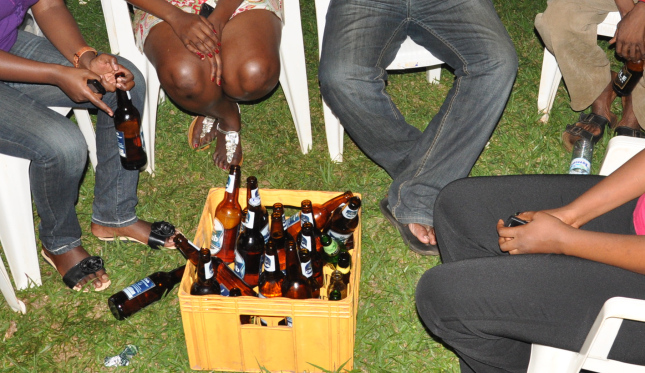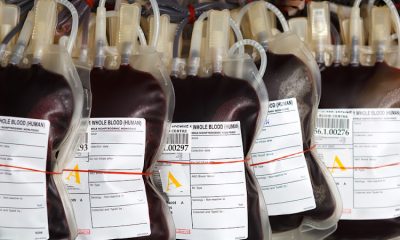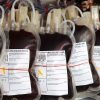The Ministry of Health in is advocating for an increase in the minimum legal drinking age from 18 to 21.
The move is part of The Alcoholic Drinks Control Bill, and health officials argue that at 18, an individual’s brain is still developing, making them ill-equipped to make life-altering decisions such as consuming alcohol.
Assistant Commissioner of Health Services, Hafsa Lukwata, presented the case during a media training session at Parliament, emphasizing the scientific research supporting the initiative.
Scientific basis
Lukwata highlighted research findings by numerous scientists, indicating that individuals who abstain from alcohol and other substances until the age of 21 exhibit significantly lower chances of developing substance abuse issues. Drawing parallels with existing legislation, she pointed out that Uganda has set a precedent under the Tobacco Control Act, where the legal age for cigarette consumption is already 21. The proposal aligns with the notion that the human brain continues to develop until the age of 21, justifying the need for a higher minimum age for alcohol consumption.
Comparison with other regulation
The Assistant Commissioner drew attention to the regulatory landscape, pointing out that sports betting in Uganda is only permitted for those aged 25 and above. This aligns with the understanding that certain activities, including alcohol consumption and gambling, can impact brain function and decision-making processes. Lukwata urged the public to consider the rationale behind age-specific regulations and emphasized the importance of protecting young individuals from making potentially harmful decisions.
Addressing concerns about readiness
To counter potential skepticism, Lukwata addressed concerns about the readiness of 21-year-olds to make responsible decisions. She argued that individuals at this age are typically more developed mentally, organized, and often enrolled in higher education institutions, such as universities or colleges. In contrast, 18-year-olds are often still in high school (S.4), and according to Lukwata, may not possess the maturity required to make decisions that could significantly impact their future.















